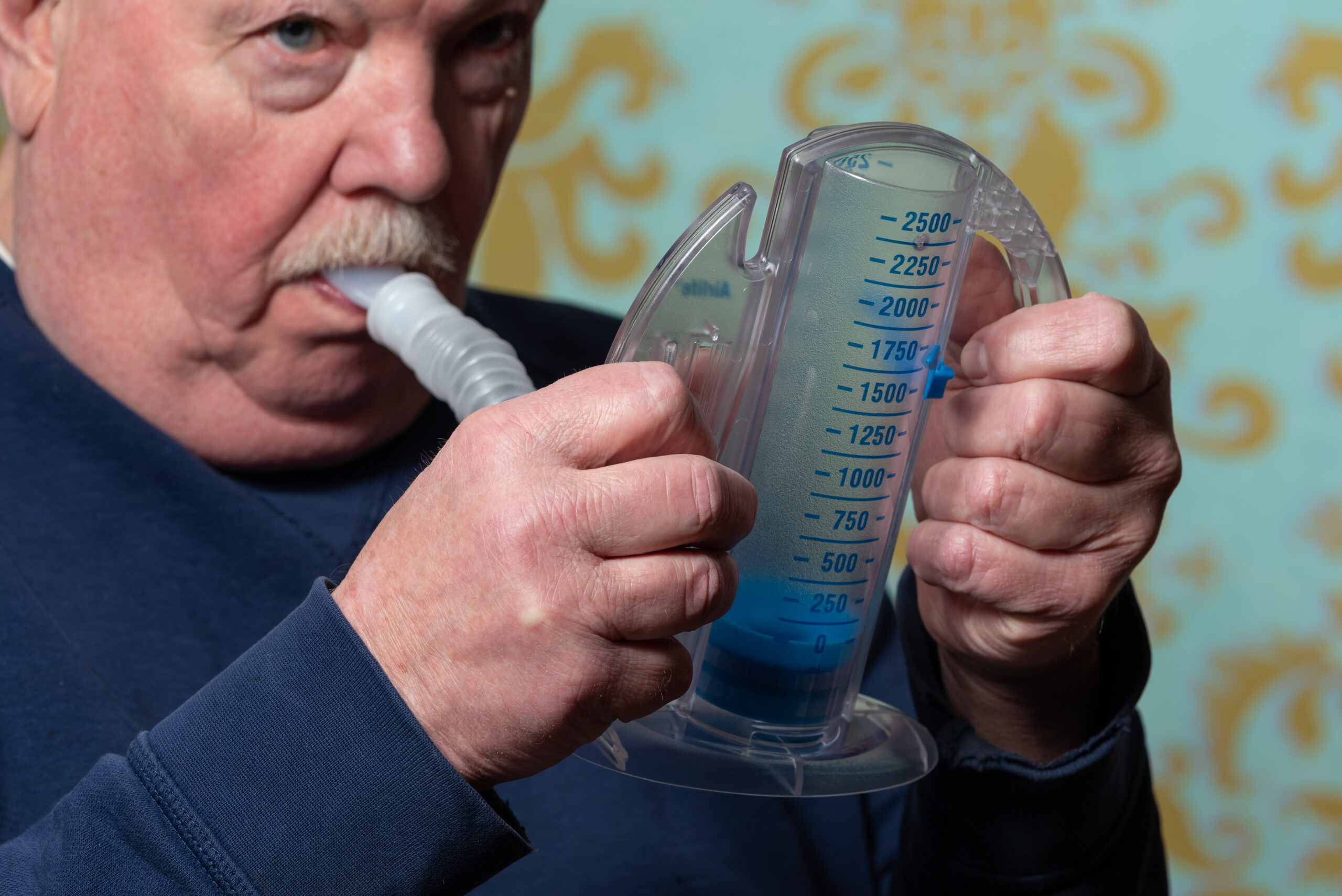
Patient Guide: Anemia
Anemia is a medical condition characterized by a decrease in red blood cells or hemoglobin, leading to reduced oxygen delivery to tissues and organs. Symptoms can include fatigue, shortness of breath, and dizziness, among others. Diagnosis typically involves blood tests and a clinical assessment, while treatment depends on the underlying cause and may include supplementation, addressing nutritional deficiencies, or managing related conditions.



